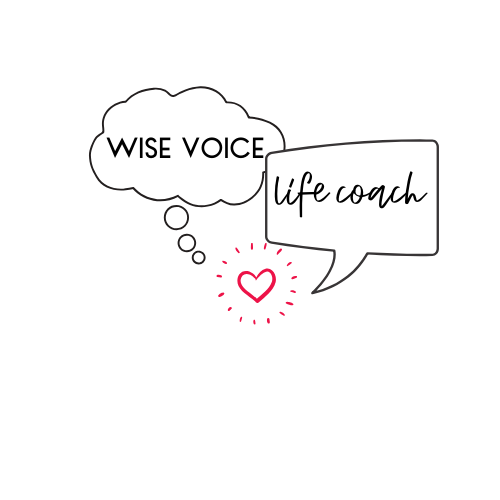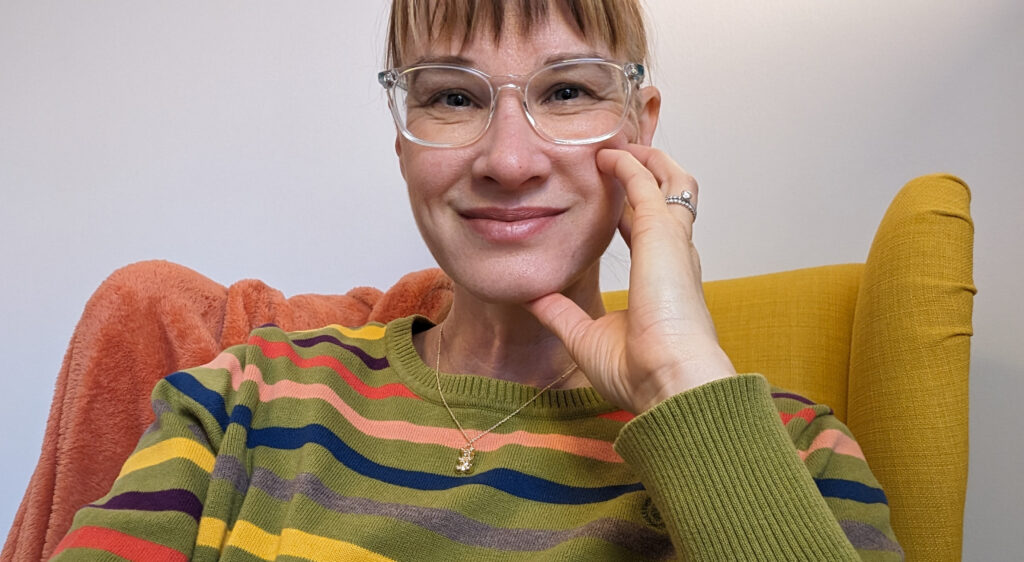Hey. Do you wanna know if you’re a narcissist?
Want my short answer? It’s no. Nope. No-siree. You are NOT a narcissist.
How can I be so sure? Well, that’s a much longer answer, and it has to do with an entire life navigating narcissistic people, and 20 + years working as both a counselor and a coach to help people dealing with the narcissists in their own lives.
You’re Not Alone
You’re not the only one who wants to know if they’re a narcissist. I see this question a lot in my work with narcissistic abuse survivors. The folks who are asking this question are dealing with someone who is making them feel confused, ashamed, guilty, and like there is something terribly wrong with them.
How ironic is it that the people who have been victimized the most from narcissistic abuse often think THEY are the problem? The truth is, it’s not ironic. It’s by design.
Part of why this happens is because a big portion of the manipulative emotional abuse is convincing you you are the problem. And, unfortunately, it works! You are convinced. You’re crazy, f*cked up, definitely to blame for the drama in your life.
But here’s the thing. You probably already believed this about yourself. The narcissist just came along and hammered it into you more fully. They confirmed what you already thought was true, deep down.
I’m not good enough. Maybe even, I’m no good.
The Narcissist Uses Your Personal History Against You
Any of these phrases sound familiar?
- Everything that happens to you is your fault.
- Your relationships are screwed up because you are a mess.
- Your parents didn’t treat you well because you were too loud/ugly/quiet/stupid/insert insecurity here.
- You can’t make it in life because you don’t deserve to.
- Nobody really likes you.
- Without me, you’re nothing.
- No one else will ever want you/hire you/love you because you’re damaged goods.
(By the way, if someone says anything like this to you, please, I beg of you, shut the door in their face. Because this is totally unhealthy behavior and tolerating it is even more unhealthy.)
You probably shared some things with the narcissist. Especially if they are the Noble Narcissist (I describe this type in my last article), or a Normal Narcissist (whom I’ll talk more about in a future article).
The Noble Narcissist comes across as very trustworthy. They just want to take care of you, and relieve you of your burdens. But any narcissist is good at gaining your trust. They make you feel at ease and you deliver your secrets to them as you become close. They give you no reason to hold back.
But then it starts to happen. You’re in an argument, and they bring up something from your past. Or they lightly joke, “You’re just like your mom.” Maybe that’s fine for some folks, but in your case, your mom was an abusive alcoholic and you have explicitly told the narcissist all about her. So being compared to her is, well, it’s not a compliment.You can shrug this off, but it’s really just the beginning. This is where they start using all your vulnerable, private information against you. They exploit your insecurities endlessly.
And this is why narcissistic abuse is so confusing at times. If you confess to someone that you had a shitty childhood, and they start blaming your shitty childhood for stuff in your life, you might be apt to agree with them, right? But what about when they start pointing the finger at you for being abused in your childhood? Saying you are no good at relationships because of how you were treated as a child, for example. Then … Is that okay?Is it mean? Is it tough love? Brutal honesty?
It’s me, Hi. I’m the problem; it’s me.
“Is this what everyone else is scared to say to me, but it’s the honest truth? That I am the problem?”
You might have heard that anyone who asks “am I a narcissist,” is totally not a narcissist, because a narcissist would never ask that question. While that’s probably true, I think there’s more to it than that. You ask that question because you are introspective, curious, have a desire to learn and grow, and are looking for a reason—ANY REASON—for why you are in a bad situation. (Narcissists are not introspective, and definitely trying to be a better human through self-growth.)
Sometimes we try to find the blame within ourselves because it’s less scary than the alternatives. Here’s how that might look:
If YOU are the narcissist, then…
- How can I fix this?
- What did I do wrong?
- Where do I get help for this?
- Who have I hurt, and how can I make it better?
- What will I do differently so I can avoid this pain in the future?
If you are NOT the narcissist, then…
- Who can I trust?
- What other dangers lurk out there?
- What is true? What is real anymore?
- Is everyone out to get me?
- Why did this happen to me?
- How can I possibly trust myself to choose the right people as friends/romantic partners?
The questions you ask in each scenario are pretty darn different. Do you notice what’s starkly different about them? In one scenario you are taking control and figuring out how to remedy the situation. In the second, when you realize you are not the one to blame, it’s a very scary world out there, and you are lost, dazed, on guard, and under attack.
You are coming to the shocking realization that someone you loved or trusted or both is neither lovable nor trustworthy. If it’s not you who is the narcissist … OMG, it’s them. And you are in danger.
We blame ourselves so we can stay in control and manage the situation we are in. We blame ourselves because it’s what we’ve been conditioned to do, either as a young person, or in the current relationship we’re in.
It’s a protective measure we instill when we are yearning to feel safe. And lord knows, dealing with a narcissistic person makes us feel super scared inside. That means, it’s a normal response to an abnormal situation. When we take on the blame for being abused we are trying to manage how out of control everything feels, and we are trying to make it better.
But what if I told you that’s the exact opposite of what it takes to heal? That you will need to become almost as cold and calculated as the narcissist in order to recover from their manipulations and avoid future gaslighting?
And the really hard part: What if I said you need to erase all compassion for anyone but yourself in order to get through this?
Could you do that?
…More on what I mean in a future article. Stay tuned. And as always, take care of you, because regardless of what you’ve been told, or how you’ve been treated, you matter.
Hi. I’m Alana Sanborn, and my mission is to educate about narcissistic abuse, and help people heal from their experiences with a narcissist. I’ve helped dozens of clients understand narcissism, their own patterns, make positive changes in their boundaries, and recover from the manipulations of a narcissist in their lives. My approach is practical and strategic, while also providing comfort and validation for the emotional roller coaster that accompanies this type of healing. I come to this work from a long history of my own relationships with narcissistic people, and 20+ years of training and work as a mental health counselor and coach.




